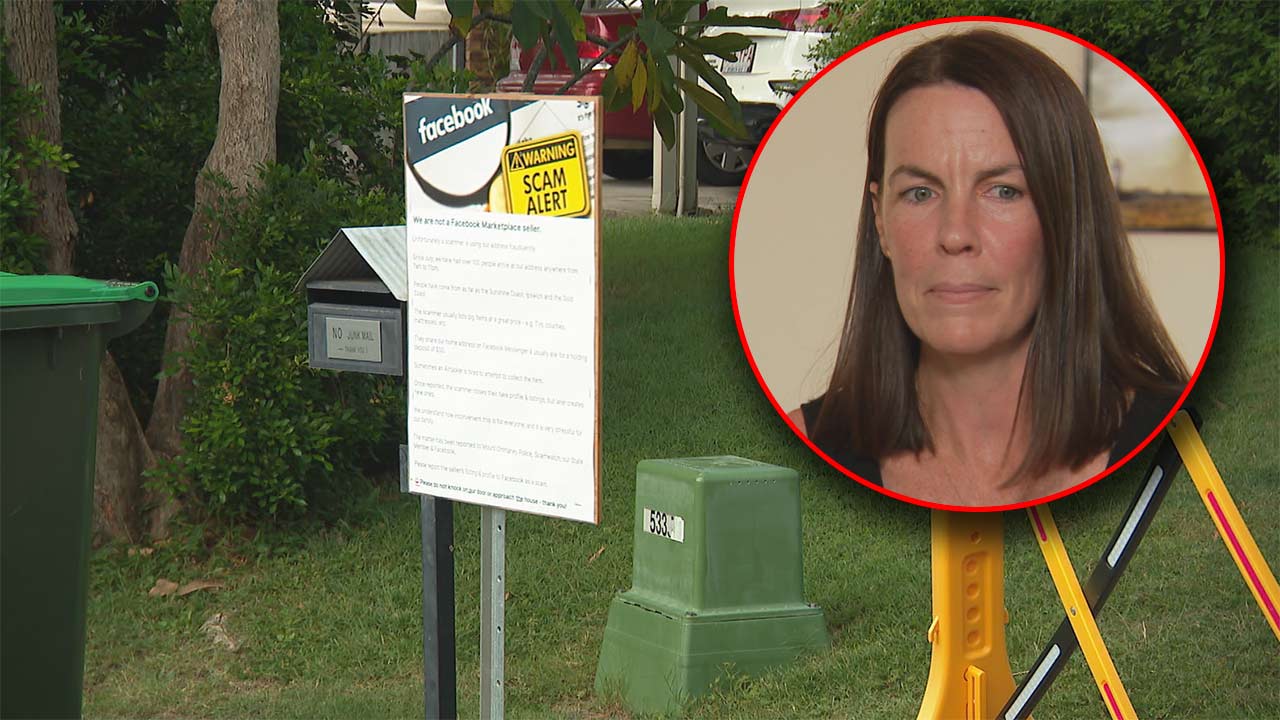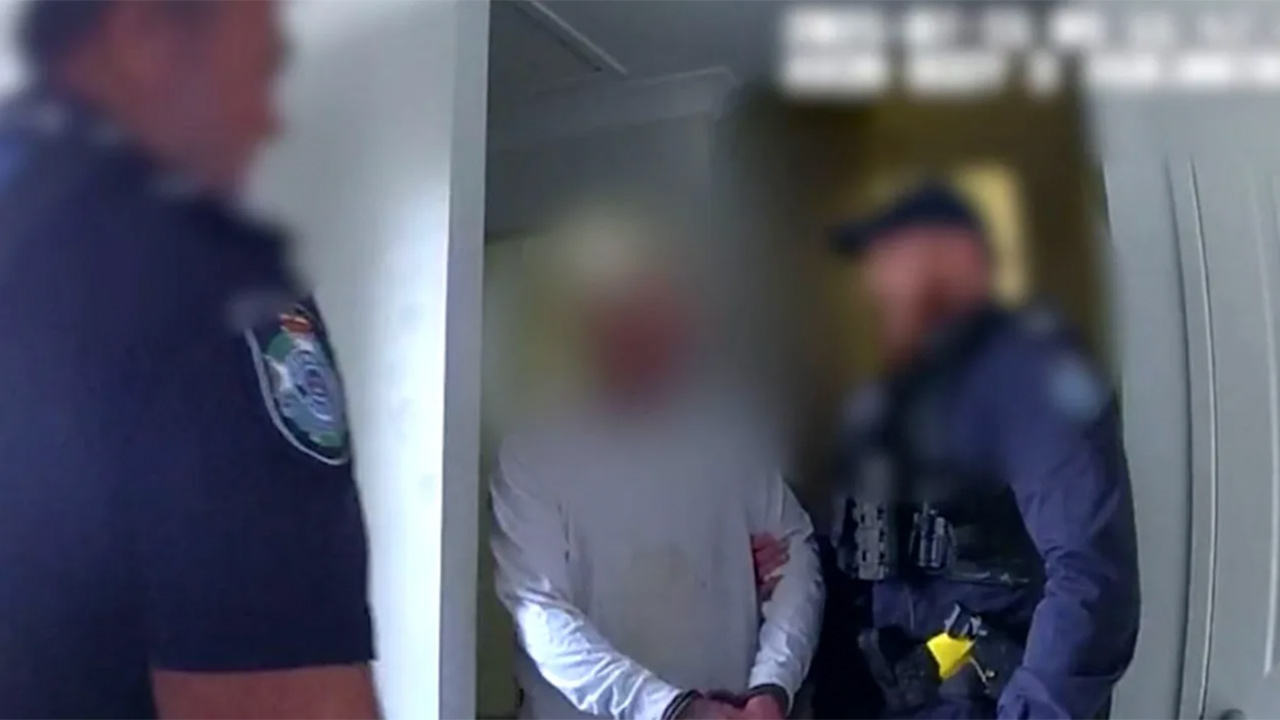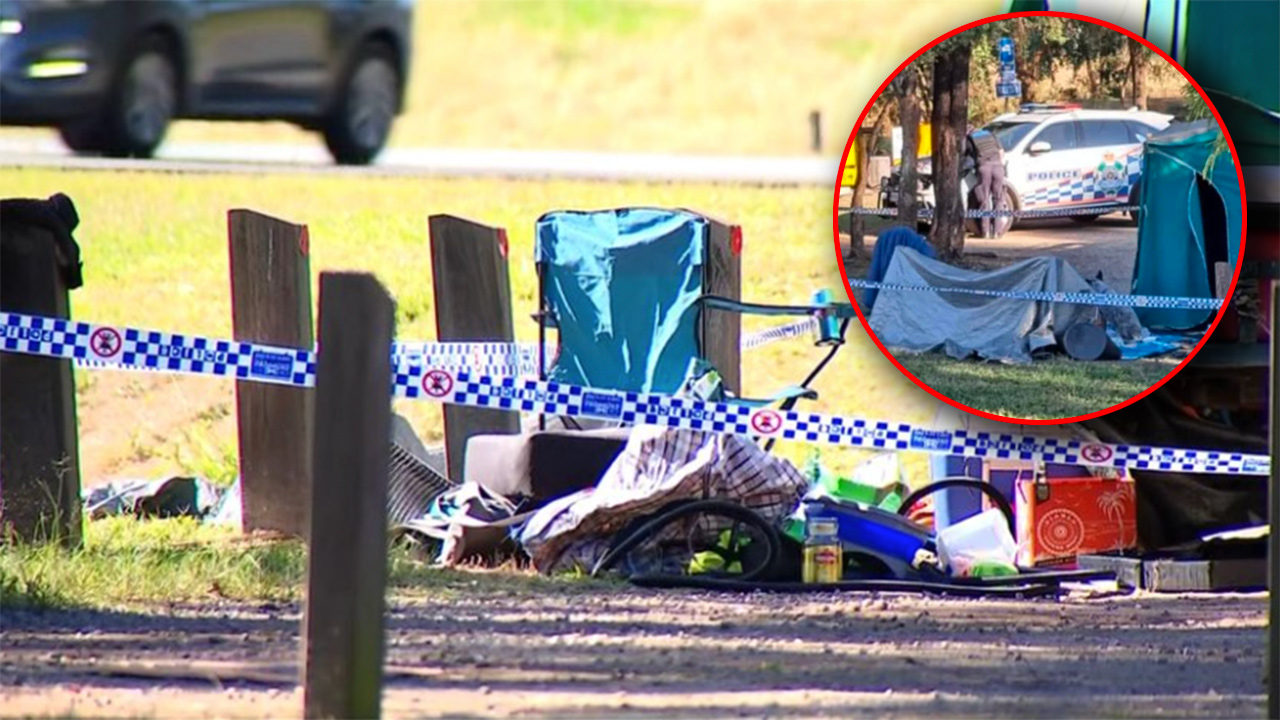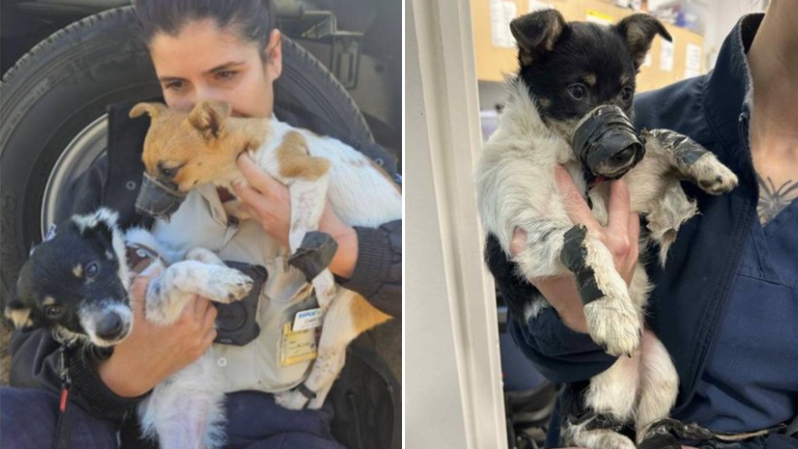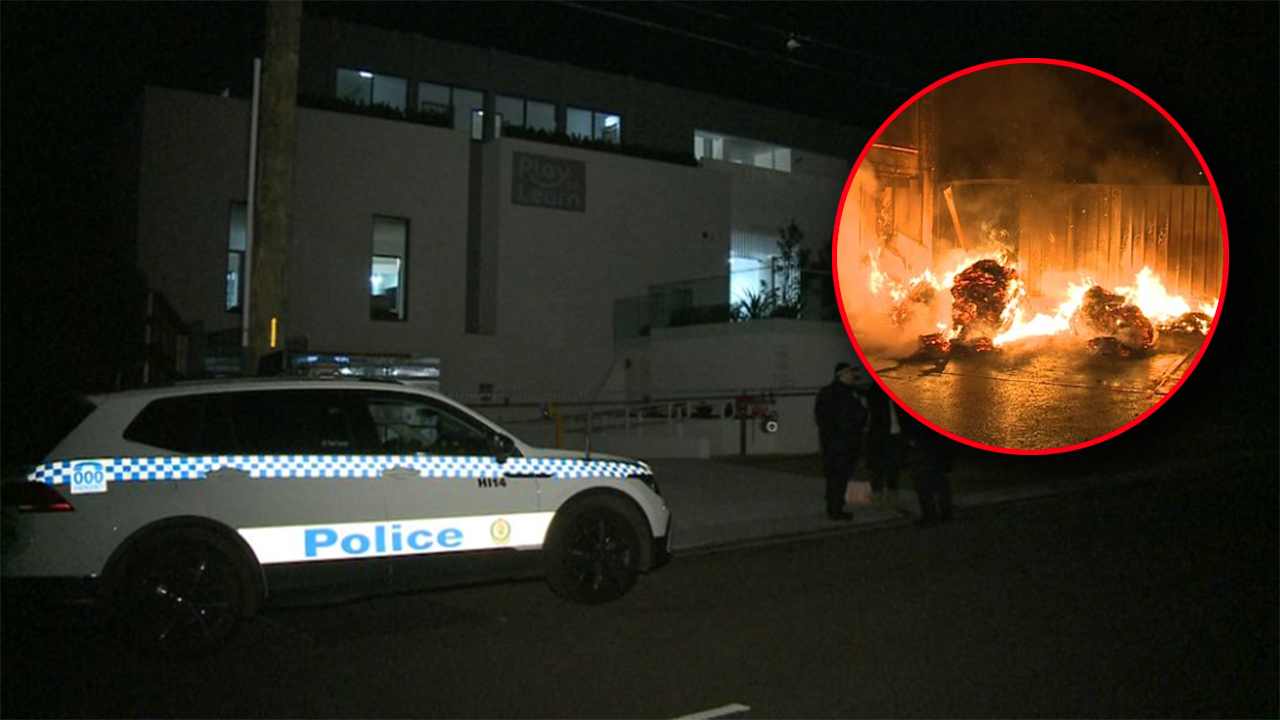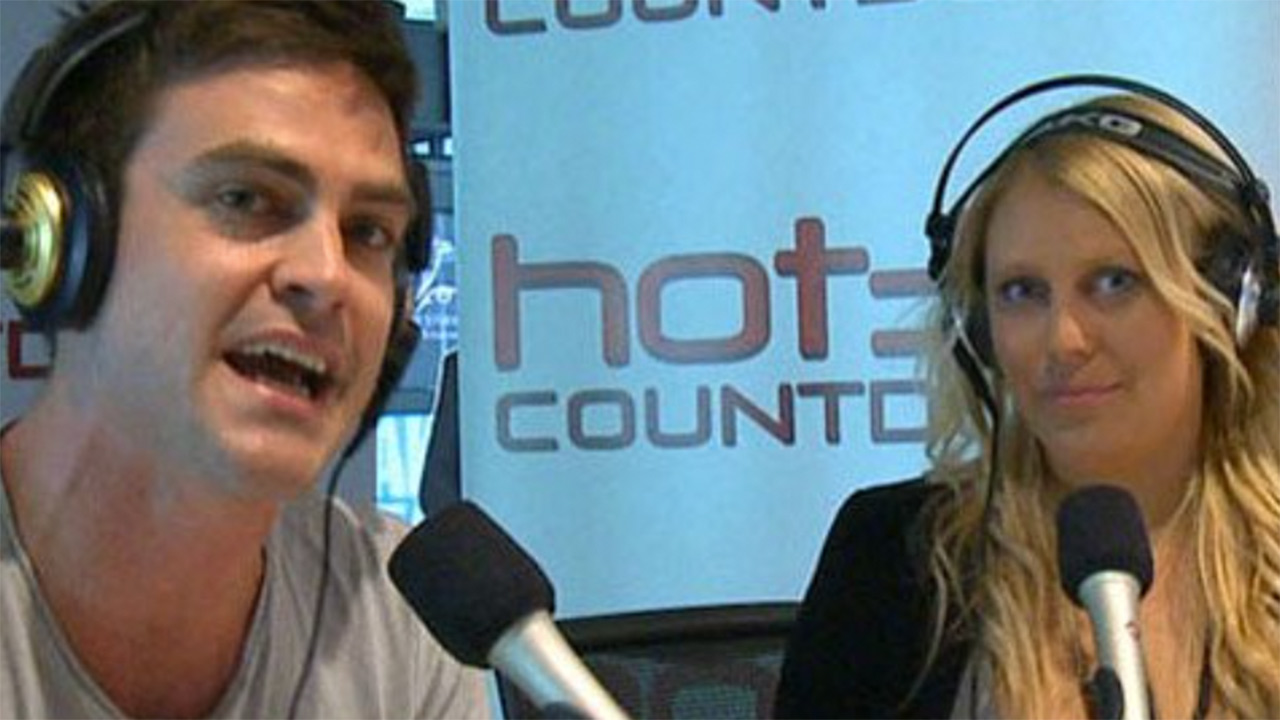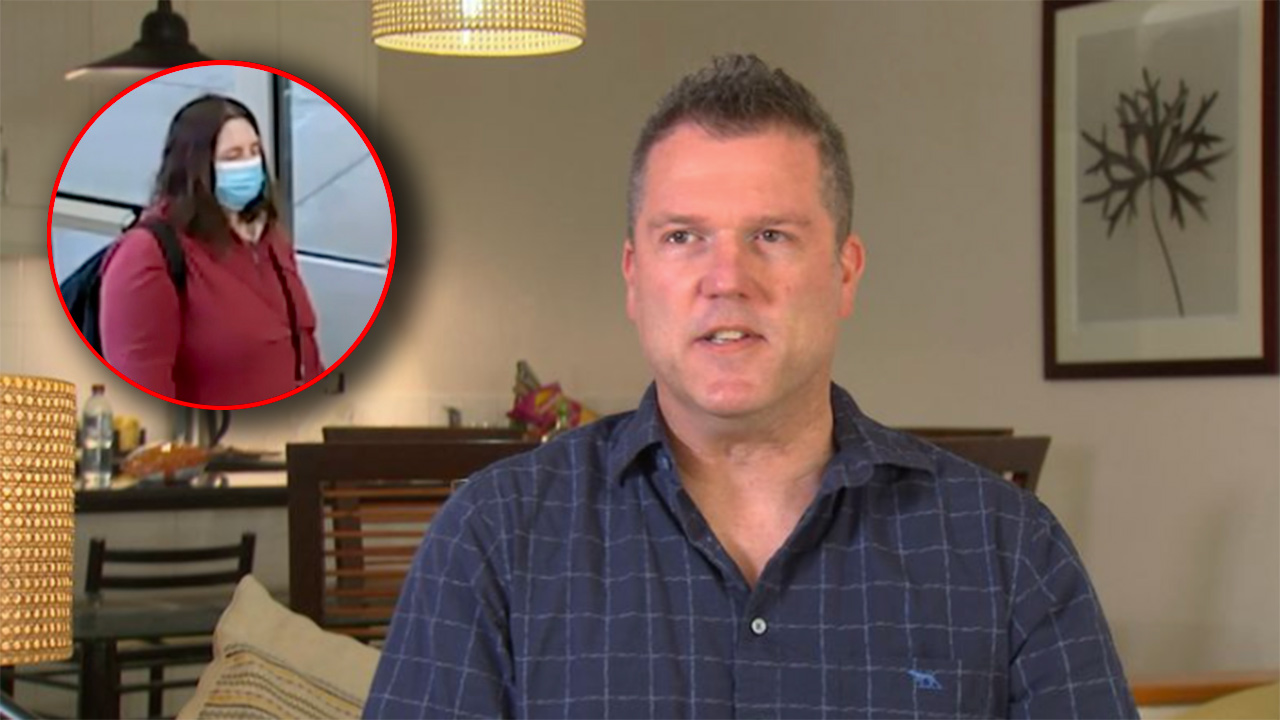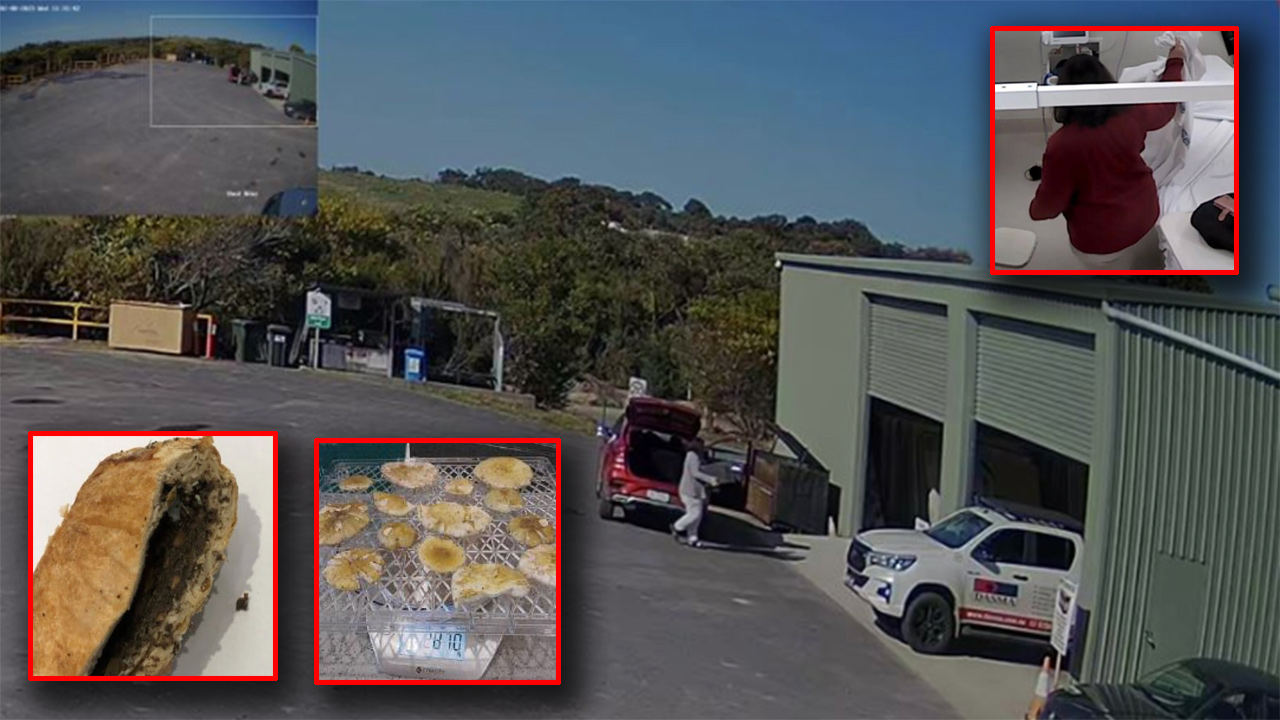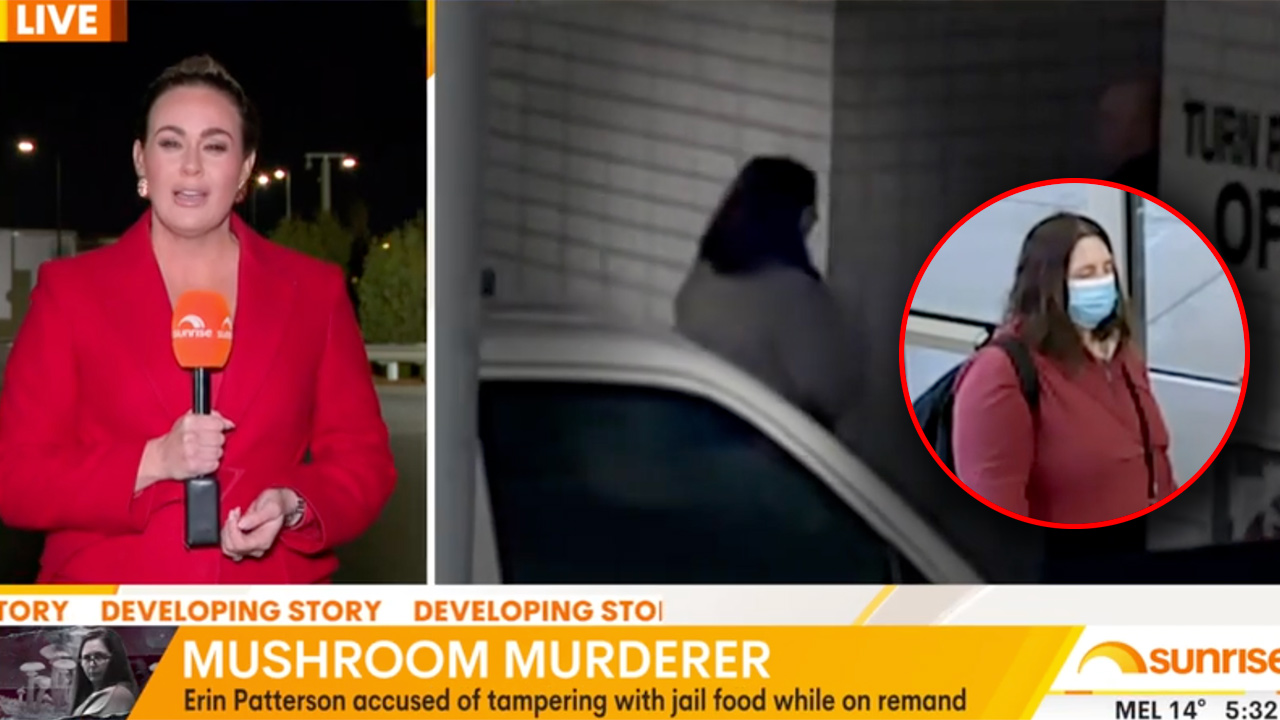Leah and Gerard thought they had the perfect home. Peaceful neighbourhood, quiet street – until they were unwittingly transformed into the hottest discount superstore on Facebook Marketplace.
The problem? They weren’t selling anything.
“No idea why it’s happened to us,” Gerard told Nine News, still baffled by how their address became ground zero for a digital yard sale they never signed up for.
It all began with a single, seemingly innocent knock at the door. A woman, hopeful and cash in hand, arrived to claim a bicycle she had “purchased” online. Leah and Gerard, unaware of their new status as involuntary retail moguls, had to break the news.
But the knocks kept coming. And coming. And coming.
“We had more than 100 people show up to our home looking for items that we supposedly had for sale, that we did not,” Leah said.
From TVs to mattresses to outdoor furniture, their house was now the delivery hub of a scammer’s wildest dreams. If only Leah and Gerard had actually been running a secondhand store – they might have made a fortune.
It wasn’t just a daytime ordeal either. These determined bargain hunters weren’t about to let something like the absence of an actual seller stop them.
“They would arrive anywhere from 7:30 in the morning, right through until 10-10:30 at night,” Leah said.
Some shoppers had even paid deposits in advance, while others went the extra mile – hiring Airtaskers to pick up non-existent goods.
“So not good,” Gerard added, in what is arguably the understatement of the year.
According to cyber support group ID Care, this isn’t an isolated incident. Scammers are increasingly using real addresses to make their fake listings seem legitimate. It’s an ingenious, if completely infuriating, tactic.
“We find with many of the victims that are giving money, they’re also giving away scanned copies of their driver’s licence for example,” ID Care chief executive Dave Lacey said.
And with identity theft a real concern, it turns out a too-good-to-be-true deal might end up costing you far more than just a missing couch.
Leah and Gerard eventually took matters into their own hands, erecting a warning sign in their driveway to spare themselves from yet another disappointed customer.
Their makeshift security checkpoint seemed to work, finally deterring the flood of hopeful buyers. Meanwhile, their local MP stepped in to get Meta to remove the scammer’s listing – presumably after realising that Facebook Marketplace doesn’t come with a customer service hotline.
For Marketplace shoppers, the lesson is clear: If a deal seems too good to be true, it probably is. If the seller doesn’t have a real profile or their photos look like they came from a stock image catalogue, proceed with caution. And, of course, always double-check the pickup address before showing up at a random couple’s doorstep demanding a TV!
After all, Leah and Gerard have been through enough. “We’re just thankful that it’s stopped,” Gerard said. And somewhere in Queensland, a fake seller is already on the lookout for their next unsuspecting “storefront”.
Images: Nine News
